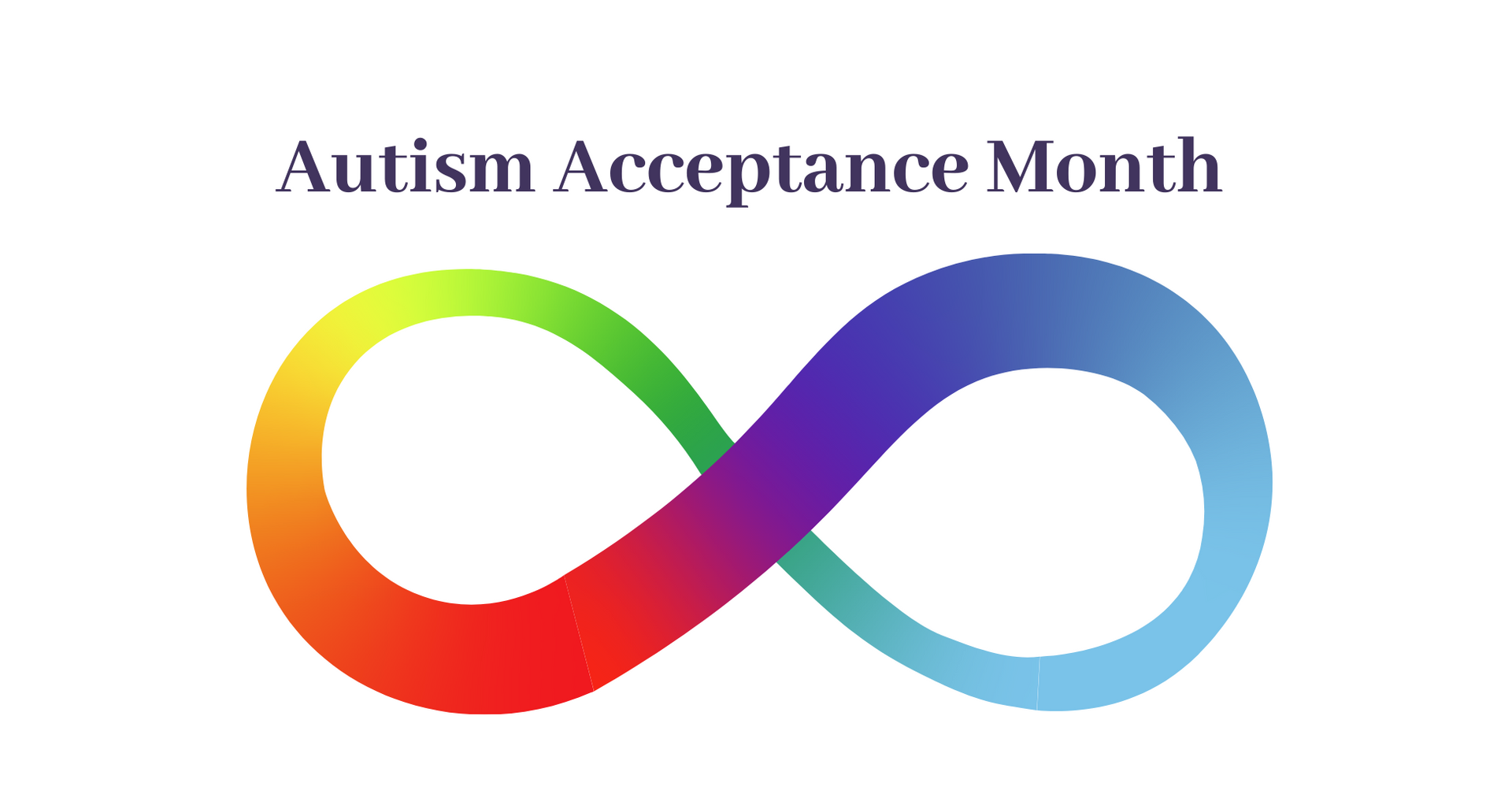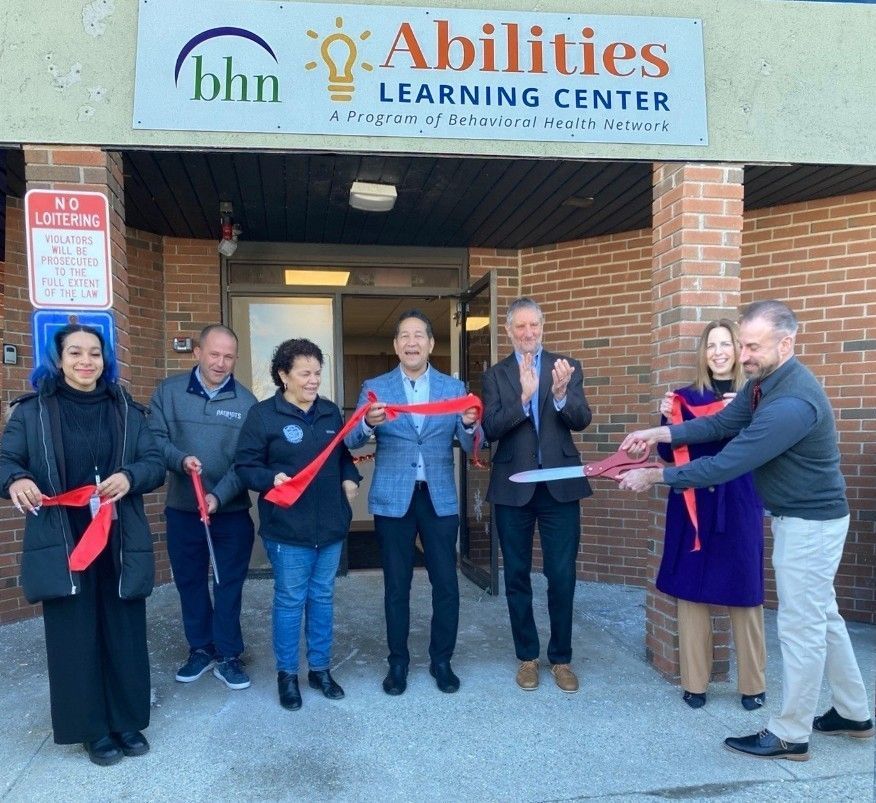Understanding Autism in Adults

April is Autism Acceptance Month! This month is dedicated to raising awareness about autism acceptance, promoting inclusion, and fostering connectedness for people with autism.
While Autism Spectrum Disorder (ASD) is typically identified in children at a young age, for adults who receive a diagnosis later in life, this can offer a better understanding of themselves. This understanding can shed light on the reasons behind challenging moments from their earlier years and interpersonal issues. Adults with ASD commonly face challenges such as difficulty in forming and maintaining relationships at work or romantically, staying organized, and managing their emotions or moods.
ASD is defined as a complex developmental condition involving social deficiencies, restricted interests, and repetitive behavior. These traits vary among individuals with autism, although the Diagnostic and Statistical Manual of Mental Disorders lists three main criteria for a proper diagnosis:
- Difficulties in social emotional reciprocity, including trouble with social approach, back and forth conversation, sharing interests with others, and expressing/understanding emotions.
- Difficulties in nonverbal communication used for social interaction including abnormal eye contact and body language and difficulty with understanding the use of nonverbal communication like facial expressions or gestures for communication.
- Deficits in developing and maintaining relationships with other people (other than with caregivers), including lack of interest in others, difficulties responding to different social contexts, and difficulties in sharing imaginative play with others.
It is also important to consider sensory issues when discussing ASD. People with autism may struggle to focus due to external factors such as certain smells, loud noises, or bright lights and crowded spaces can be overwhelming.
Strategies for Addressing Challenges
Communication and Relationships: Individuals with ASD can find many ways to foster a satisfying social life. While discussing their diagnosis with others can be challenging, particularly due to social stigma, sharing this information may help improve certain relationships where there is a comfort level to do so. Informing close friends and family members that the individual may not notice all social cues and can sometimes feel sensory overload can enhance understanding and communication. Connecting with other adults with autism for socializing can also be less draining than other interactions. Although every person is different, there is a common ground for discussing experiences.
Romantic relationships for individuals with ASD can be challenging due to sensory issues, difficulty reading social cues, and a reliance on schedules. It is important to give people with autism space to express their emotions and for non-autistic partners to learn about autistic traits. Encouraging open communication, understanding each other's strengths, and dispelling misconceptions about autism are crucial for a healthy relationship.
Anxiety and Depression: Managing anxiety and depression, which often co-occur with ASD, is crucial as anxiety can make it even more difficult for people with autism to communicate. Developing a consistent and relaxing sleep routine, staying active with aerobic exercise that is enjoyable and socializing in person are some ways to alleviate stress.
Organizational Skills: While some adults with ASD are highly organized, others may struggle with disorganization due to intense focus on specific interests. People with autism may benefit from setting a timer when working on a hobby they are passionate about, and then switching to a less intriguing but more important task such as bill paying once the timer goes off. This can also help when switching tasks in the workplace. Also, carrying a list or day planner around can help to remember appointments, daily tasks, and other responsibilities.
People with ASD desire relationships and closeness as much as everyone else. It is important to stay curious and learn about the people around you and learn from a different perspective. People with autism may have limited interests, but you may find that they are very passionate about them and love talking about them to you. Autism is not a disease; it is simply a different way of looking at the world.
Every day BHN celebrates and supports individuals on the autism spectrum through many of our programs. We strive to listen to autistic voices, appreciate our autistic community, and value their contributions to our society. For referrals or information about BHN supports and services for youth and adults with ASD call 413-301-WELL (9355).
Sources
SHARE
Topics
Newsletter Sign-Up
Sign-up for our newsletter to receive updates on what's happening at BHN.





